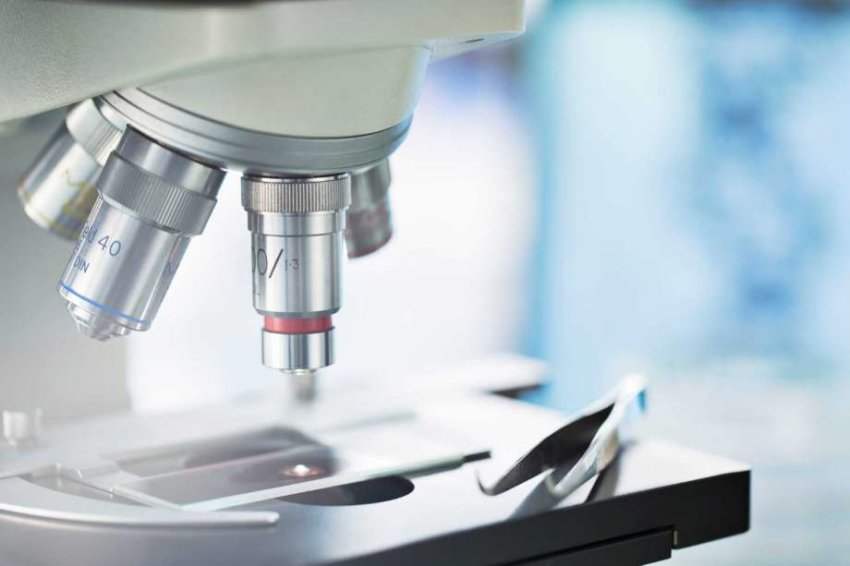UT Health San Antonio faculty researchers will receive $3 million in new grants announced Thursday (Feb. 21) by the Cancer Prevention and Research Institute of Texas (CPRIT).
Ewing sarcoma research
Yuzuru Shiio, M.D., Ph.D., of the Greehey Children’s Cancer Research Institute at UT Health San Antonio, was awarded $1.2 million to further studies of Ewing sarcoma, a pediatric bone and soft tissue cancer. The median age of Ewing sarcoma patients is 15 years, and more than half of patients are adolescents.
Dr. Shiio, associate professor of biochemistry and structural biology, and his laboratory discovered a novel signaling pathway in Ewing sarcoma. Inhibiting this pathway profoundly impairs the cancer’s ability to proliferate, he said.
The CPRIT grant will help the team to understand the biological role and molecular mechanism of this pathway in Ewing sarcoma, and evaluate whether it is feasible to target it for therapy.
Study of adjuvant agent
Addanki Pratap Kumar, Ph.D., of the UT Health San Antonio MD Anderson Cancer Center, will receive $900,000 from CPRIT to test the effectiveness of berberine, a plant-derived compound, as an adjuvant agent in prostate cancer.
The CPRIT funding is for preclinical and basic research to further develop this agent later for clinical trial, either through the cancer center or additional extramural funding such as from CPRIT or the National Cancer Institute. Dr. Kumar is professor of urology, molecular medicine and pharmacology at UT Health San Antonio.
Role of ‘powerhouses’
CPRIT funding of $900,000 will help Ricardo C. T. Aguiar, M.D., Ph.D., to validate the emerging concept that mitochondria, long recognized as the “powerhouses” of the cell, also play other important roles in physiology and disease. Dr. Aguiar is professor of medicine in the Division of Hematology/Oncology.
The Aguiar lab will focus on molecules (called metabolites) that are produced by two specific mitochondrial proteins. The researchers will seek to understand how the generation of these molecules contributes to regulating levels of a host of genes, many of which may contribute to cancer development and progression.
Stay connected with UT Health San Antonio on Facebook, Twitter, LinkedIn, Instagram and YouTube.
The University of Texas Health Science Center at San Antonio, now called UT Health San Antonio®, is one of the country’s leading health sciences universities. With missions of teaching, research, healing and community engagement, its schools of medicine, nursing, dentistry, health professions and graduate biomedical sciences have produced 36,500 alumni who are leading change, advancing their fields and renewing hope for patients and their families throughout South Texas and the world. To learn about the many ways “We make lives better®,” visit www.uthscsa.edu.


